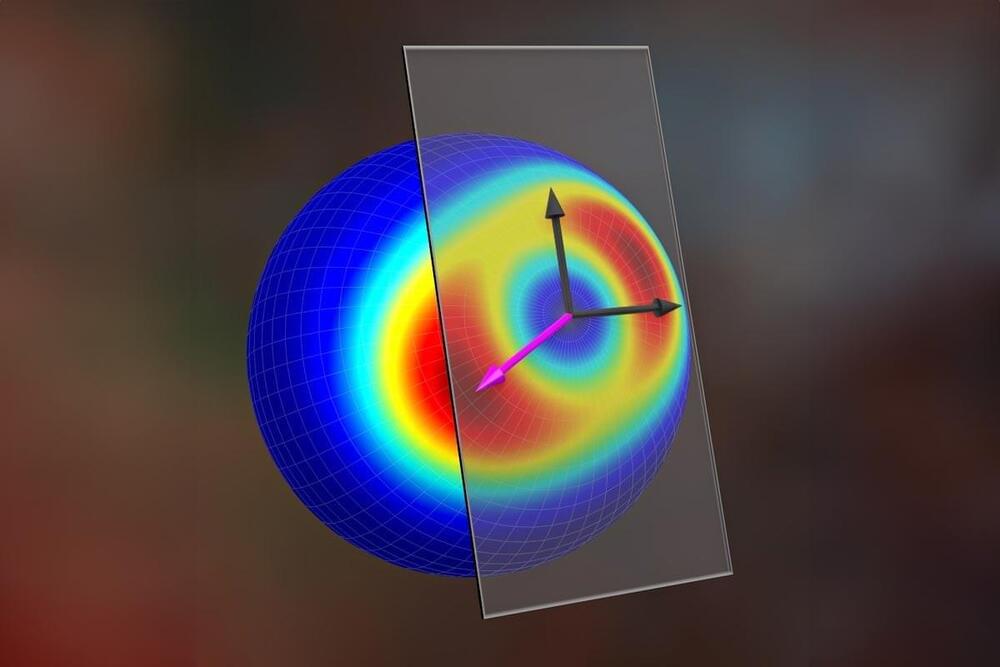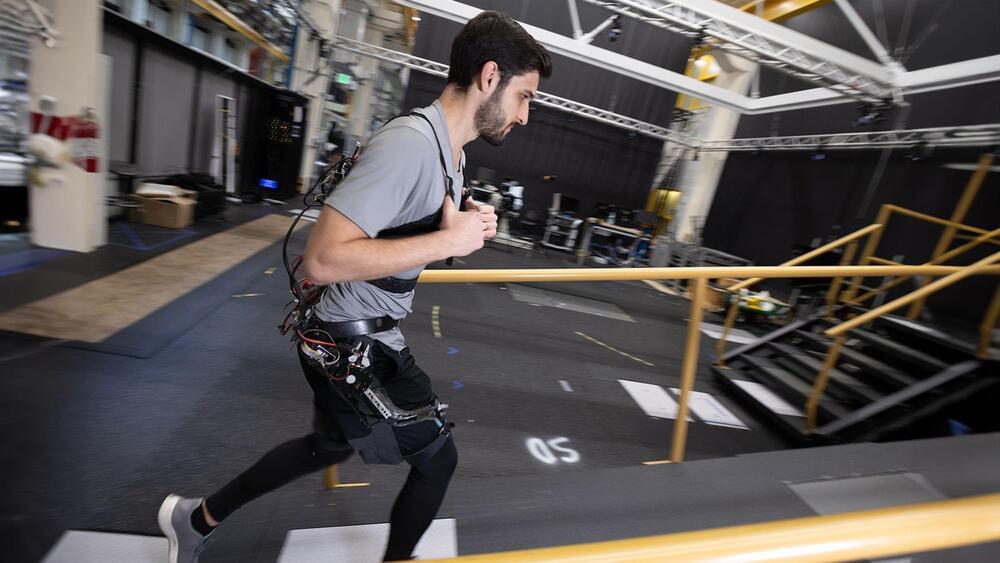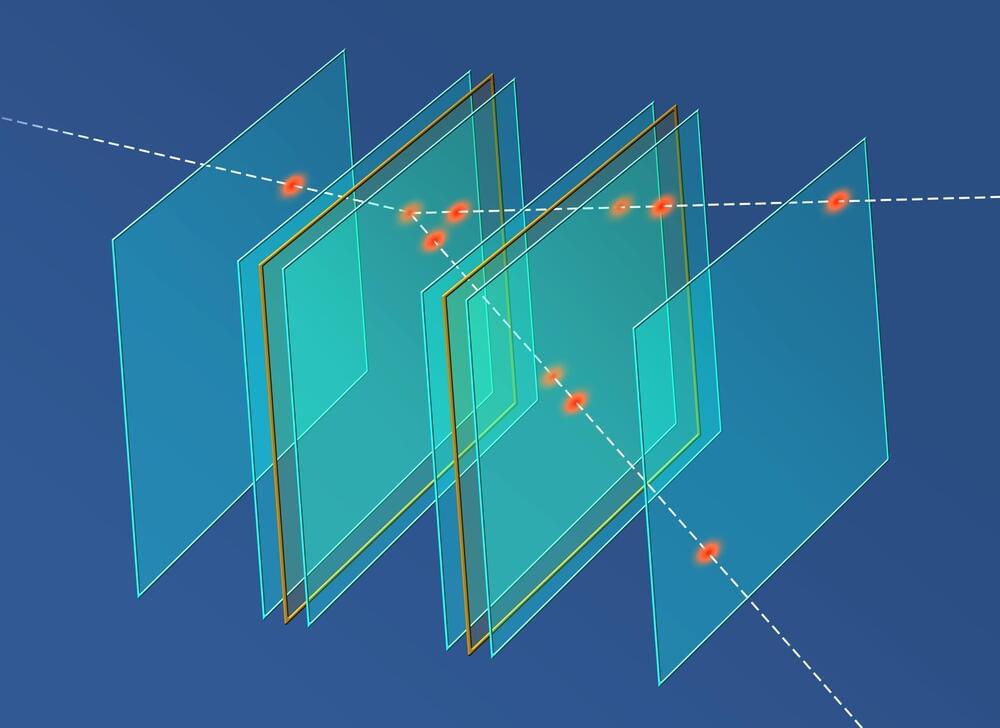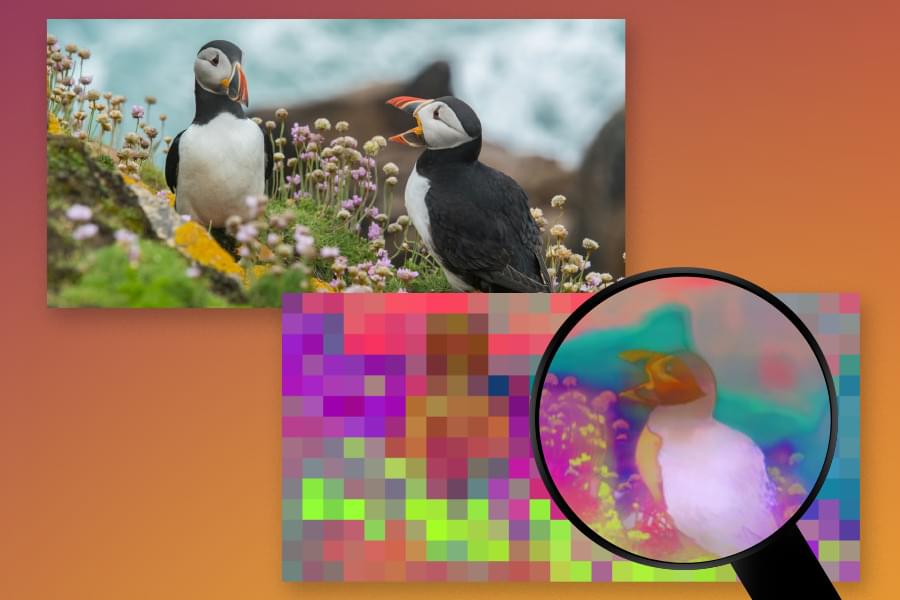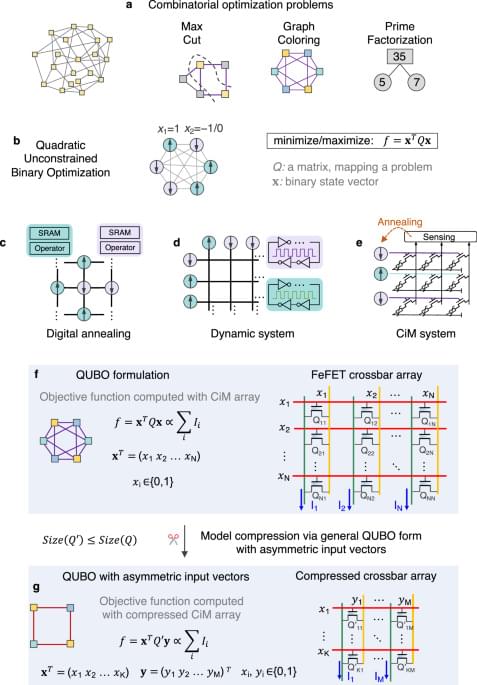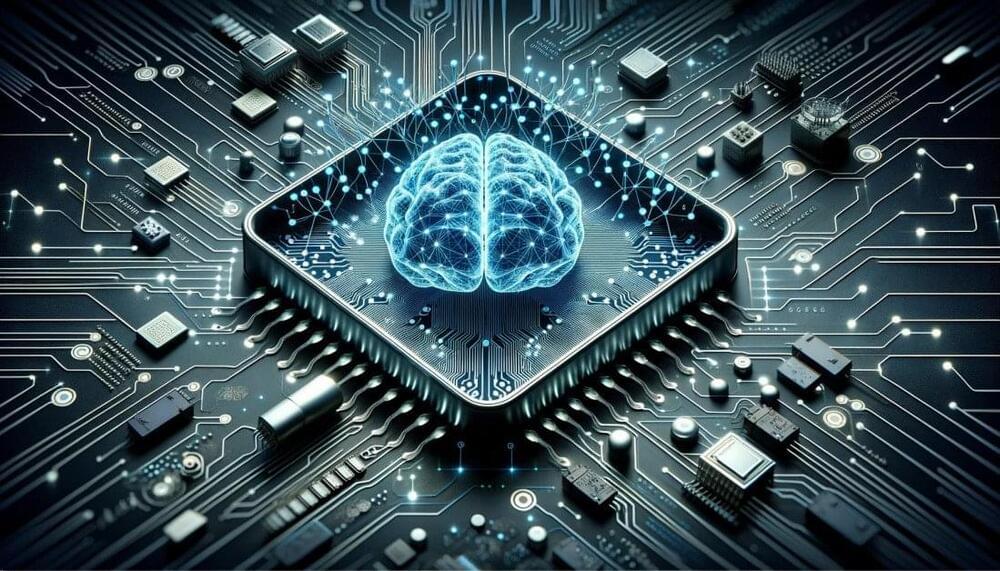Researchers have revolutionized quantum sensing with an algorithm that simplifies the assessment of Quantum Fisher Information, thereby enhancing the precision and utility of quantum sensors in capturing minute phenomena.
Quantum sensors help physicists understand the world better by measuring time passage, gravity fluctuations, and other effects at the tiniest scales. For example, one quantum sensor, the LIGO gravitational wave detector, uses quantum entanglement (or the interdependence of quantum states between particles) within a laser beam to detect distance changes in gravitational waves up to one thousand times smaller than the width of a proton!
LIGO isn’t the only quantum sensor harnessing the power of quantum entanglement. This is because entangled particles are generally more sensitive to specific parameters, giving more accurate measurements.
